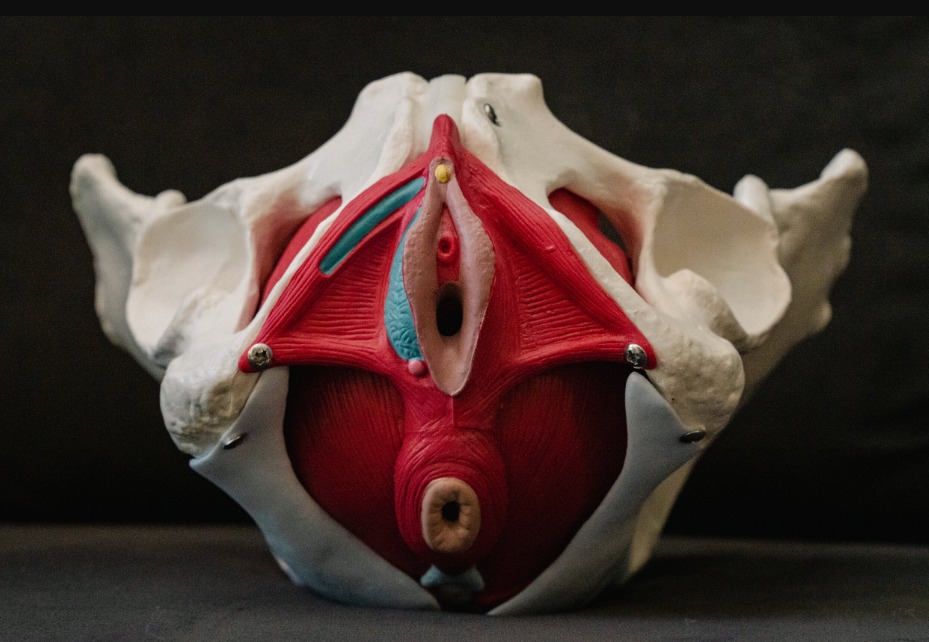Vulvar Disease Treatment in Indore
Vulvar Disease: What is it?
Any sickness or condition that affects the vulva, which is the external female genitalia, is referred to as vulvar disease. The mons pubis, the labia majora (the outer “lips”), labia minora (the inner “lips”), the clitoris, and the vaginal opening are all parts of the vulva. Symptoms of vulvar illness may include itchiness, burning, soreness, or unusual discharge.

Vulvar disease types:
Vulvar illness comes in a wide variety of forms, including:
Infections
The vulva may be vulnerable to viral, bacterial, or fungal diseases. Yeast infections, bacterial vaginosis, and sexually transmitted infections (STIs), such herpes or genital warts, are examples of common infections.
Dermatitis
Skin inflammation is referred to as dermatitis in general. It might be brought on by allergies, chemical sensitivity, or other circumstances. Atopic dermatitis and contact dermatitis are two typical varieties of vulvar dermatitis.
Neoplasms
Neoplasms are abnormal growths that may be benign (noncancerous) or malignant and develop on the vulva (cancerous). Squamous cell carcinoma is the form of vulvar cancer that occurs most frequently.
Other disorders
Lichen sclerosus, lichen planus, and vestibulitis are further illnesses that can impact the vulva.
Identifying vulvar illness:
In addition to a physical exam, vulvar illness diagnosis may also require laboratory or imaging investigations. The medical professional will inspect the vulva during the physical examination for any indications of infection, inflammation, or unusual growths.They might also collect tissue or discharge samples for laboratory analysis in an effort to pinpoint the condition’s root cause. A biopsy or other imaging test may be utilised to assess the issue further.


Cure for vulvar illness:
The precise condition and degree of vulvar illness will determine the course of treatment. Treatment choices could be:
- Antibiotics: These are employed to treat bacterial infections.
- Drugs that fight fungus: These are employed to treat fungal illnesses like yeast infections.
- Oral or topical steroids: These could be applied to treat dermatitis and other inflammatory diseases.
- Surgery: This might be required to treat certain illnesses, such cancer, or to eliminate aberrant growths.
Avoiding vulvar illness:
You can take the following actions to help avoid vulvar disease:
Practice good hygiene: Maintain good hygiene by cleaning the vulva with warm water and a mild soap and then drying it completely. Do not apply harsh or fragrant items to the vulva.
Wear cotton underwear: Wear cotton underwear since it breathes well and can help stave off infection and itchiness. Avoid wearing synthetic or form-fitting undergarments.
Avoid douching: Douching should be avoided since it can alter the normal bacterial balance in the vagina and raise the risk of infection.
Use condoms: STIs, which can result in vulvar infections, can be avoided by using condoms.
Visit your healthcare provider regularly: Regularly see your healthcare provider Regular examinations and screenings can aid in the early identification of issues and enable rapid treatment.
Conclusion:
Any ailment or condition that affects the vulva is referred to as vulvar disease. It can result in symptoms like itchiness, burning, soreness, etc. can be brought on by infections, inflammation, or abnormal growths.
